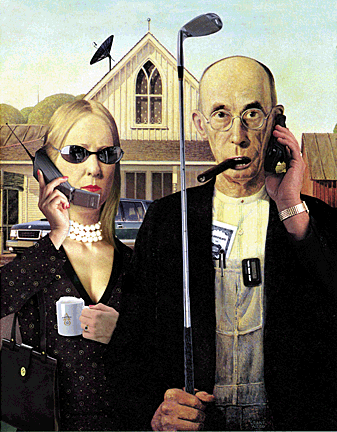
Fortunately, Giametti has my back on this one. “What I wish you to avoid, as you continue your journey, is the desire to try to arrange all of the future now” (321). I don’t have to know what I’m doing yet. I’m only 19.
I know I am not the only one feeling this urgency. It seems as though our culture contradicts itself all over the place in telling us how to do things. We’re pressured by family and friends to get jobs before we’re out of high school, and yet more experience as you get older makes you harder to hire (you have to be paid more for your schooling and efforts). Even UT itself does this. We get the vibe that we are supposed to love learning and take our time to develop ourselves as civil and well-educated human beings, yet we get tuition rebates (money) if we graduate “on time”.
Once we leave the University, our bubble disappears. As Giametti says, “We strive for a civil society through the consideration of people on their merit and through the free, open, and frank exchange of ideas” (321). We are told to be open minded, but the fact of the matter is, in the real world you aren’t considered valuable by many if you don’t have the right car, house, job, physical appearance, personality, or friends.
People are closed minded. Maybe this is a result of what Palaima says is happening, “Students who leave the Forty Acres, as many do now, without knowing themselves, without testing what they can best do for themselves and for other people…without developing cultural passions, have not gotten the education they should have been given” (324). But I would argue that we can be coddled into thinking that the University will make us grow up without considering that we have to learn to deal with a world that hasn’t gleaned from the University experience what they should have (in addition to other people who haven’t had this experience).
Bate would say that the people who view all of this and make others aware are the poets, those who, “[have] no character…no identity,” that [they] [are] “annihilated” in the characters of others and [concern] [themselves] solely with revealing their essential natures…” (339B). He would probably argue that the Liberal Arts education would equip the poets thus. And I would agree. We need more people to analyze, well, people, not just computers or numbers or businesses. (Though these all involve many people in principle). I couldn’t be happier that we are trending toward the value of right brain faculties according to Pink. We need more business students in Victorian Literature. Hopefully they’ll wander over here someday.

No comments:
Post a Comment